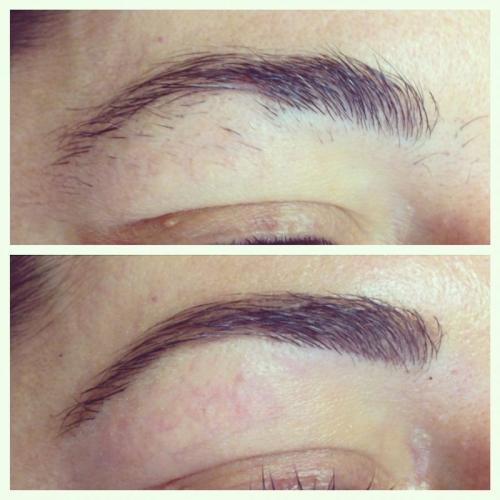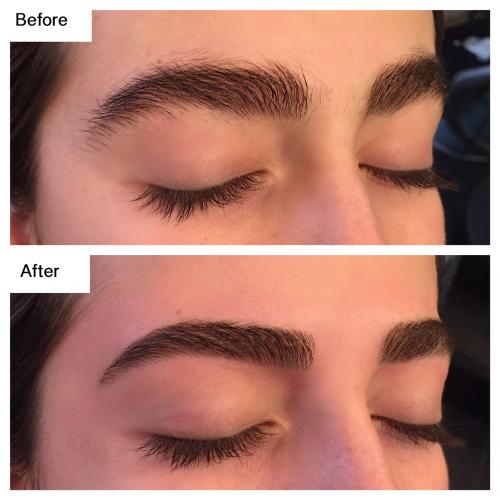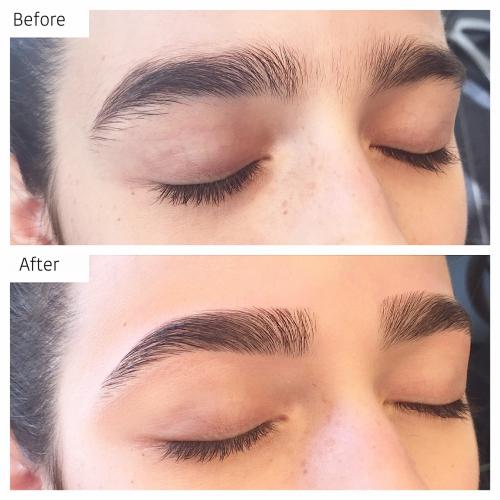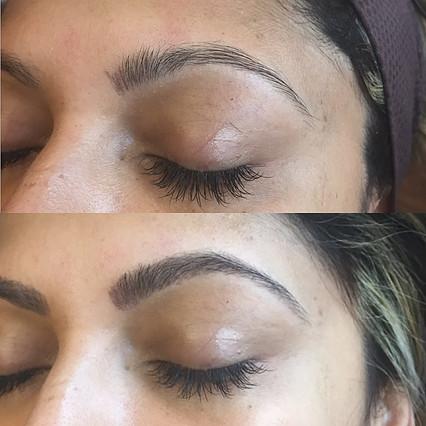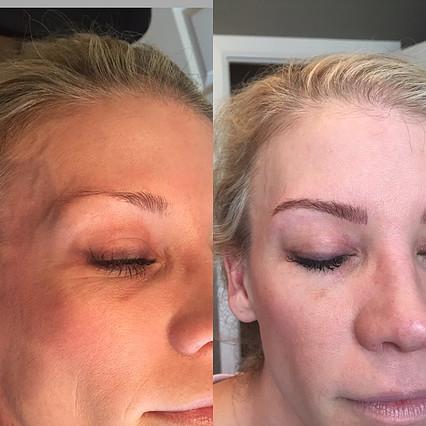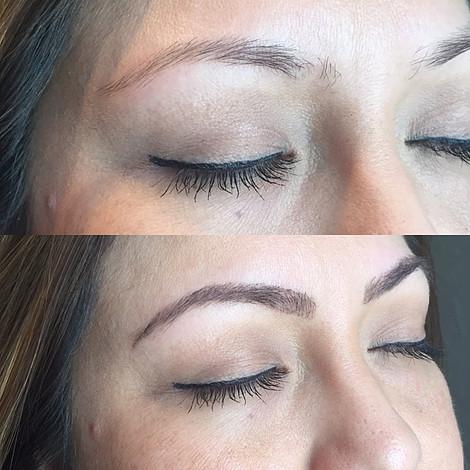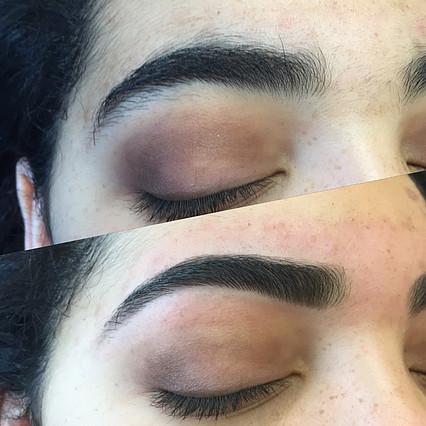To Buy Propecia Online Visit Our Pharmacy ↓

Understanding Propecia and Its Traditional Uses
Propecia, known generically as finasteride, has traditionally been a cornerstone in managing male-pattern baldness. Originally designed to address benign prostatic hyperplasia, it later gained traction for its ability to curb dihydrotestosterone (DHT) levels—a hormone intricately linked to hair follicle shrinkage and eventual hair loss in men. This dual-purpose efficacy prompted its rise in popularity as a hair loss treatment.
| Key Aspect | Details |
|---|---|
| Primary Use | Male-pattern baldness & benign prostatic hyperplasia |
| Mechanism | Reduces DHT levels |
Propecia’s role in treating male hair loss is well-documented, offering a potential pathway to preserve hair density. For women, however, its use is less clear-cut, often necessitating thorough research and healthcare consultation to consider its appropriateness due to differences in hair loss patterns and the underlying biological mechanisms between genders.
The Science Behind Hair Loss in Women

Hair loss in women can be a perplexing issue rooted in various biological mechanisms. Hormones play a pivotal role, with androgenic alopecia being a common cause linked to hormonal imbalance. Unlike men's pattern baldness, women typically experience diffuse thinning, often making diagnosis and treatment challenging. Enzymes like 5-alpha reductase convert testosterone into dihydrotestosterone (DHT), contributing to follicle miniaturization. While Propecia primarily targets this enzyme in men, understanding its interaction with female biology is essential for determining its potential efficacy and safety in addressing hair loss for women.
Can Propecia Be Safe and Effective for Women?
As a medication primarily known for treating male pattern baldness, Propecia's potential application for women has stirred interest but also a fair share of debate. While the active ingredient, finasteride, works by inhibiting the conversion of testosterone to dihydrotestosterone (DHT), a hormone linked to hair loss, its safety and effectiveness in women are not well-established. In men, this mechanism is clear-cut, but women's hormonal balance is more complex, making the effects less predictable.
In clinical settings, some studies have experimented with Propecia in postmenopausal women, showing varying degrees of hair regrowth. However, these studies are limited, and results have not been universally positive. The variability is partly due to differences in hormonal environments and the underlying causes of female hair loss compared to male.
Moreover, caution is urged given the potential side effects, including hormonal disturbances. Pregnant women are particularly advised against handling Propecia due to the risk of birth defects. Therefore, while some women have observed benefits, it remains crucial to weigh these against the possible risks. Consulting a healthcare professional is strongly recommended to thoroughly understand if Propecia could be a viable option, taking into account one's unique health profile.
Exploring Alternative Treatments for Female Hair Loss

Exploring various avenues, women dealing with hair loss can look into topical treatments such as minoxidil, which is FDA-approved for female pattern baldness. This solution encourages hair growth by improving blood flow to the scalp. Additionally, low-level laser therapy devices offer a non-invasive option that stimulates hair follicles and promotes thicker hair. Emerging treatments involving platelet-rich plasma injections leverage the body’s healing processes, possibly strengthening hair shafts. Natural remedies, like essential oils, may also support hair health without the risk of side effects associated with medications like Propecia.
Potential Risks and Side Effects for Women
When considering Propecia for women, it's crucial to weigh potential risks. Propecia, known primarily for treating male pattern baldness, operates by affecting hormones, which may lead to unintended consequences. Women might experience hormonal imbalances, potentially impacting menstrual cycles or causing other systemic effects.
| Common Side Effects | Less Common Side Effects |
|---|---|
| Skin rashes | Mood changes |
| Dizziness | Gastrointestinal issues |
While some women might tolerate it well, for others, Propecia could pose more significant challenges. Understanding these potential side effects helps in making an informed decision.
Consulting Healthcare Professionals: Making Informed Decisions
Navigating the complex landscape of hair loss treatments can be challenging, especially for women considering Propecia, a medication traditionally used for male-pattern baldness. It is crucial to engage with healthcare professionals who can evaluate your unique situation. They can provide clarity on whether Propecia is a feasible option and discuss alternative treatments that might best suit your needs. Examining the latest research and personal health profiles ensures any decision made is based on a solid understanding of benefits, risks, and potential outcomes.
Before & After
Testimonials
Read out what our customers say about our services.
Read Testimonials
Join Our VIP List
Great News!
Comming soon our new location in Fort Worth (Alliance area)
3529 Heritage Trace Parkway, Suite 163
Fort Worth, TX 76244
Sign up now to join our VIP list and receive coupons

